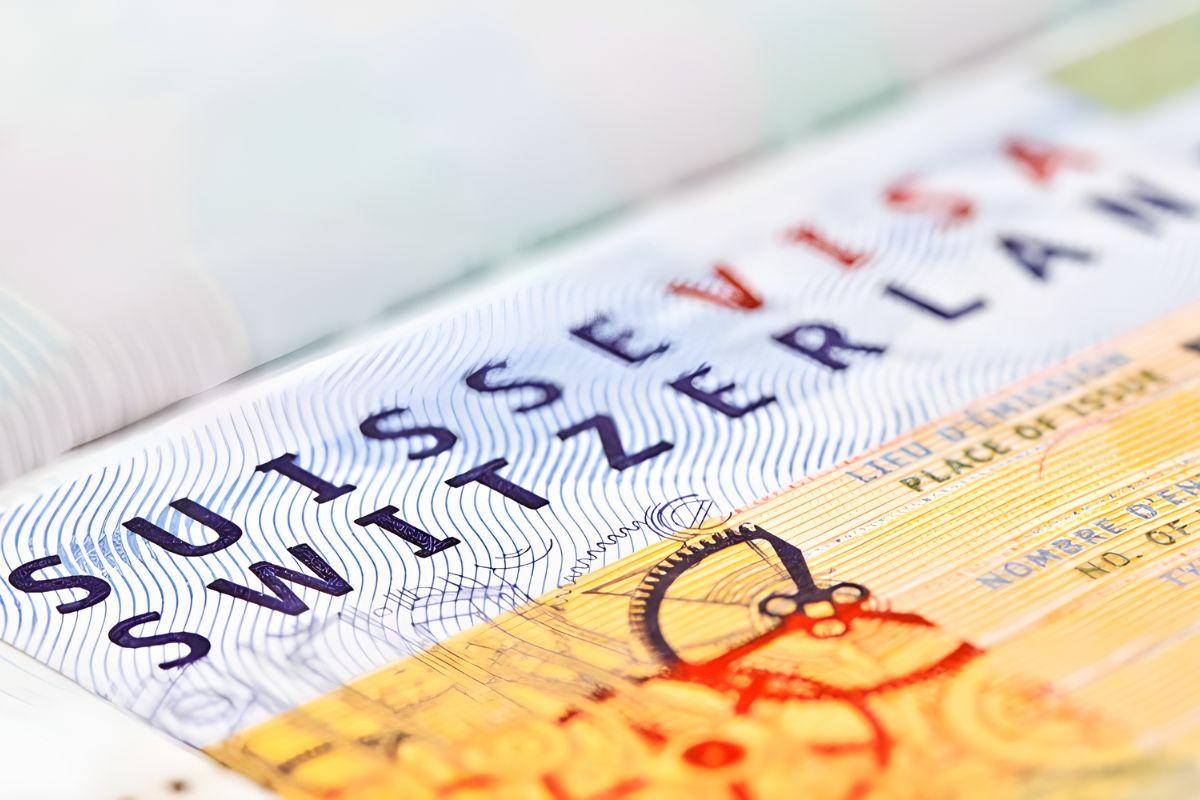If you’re planning a trip to Switzerland or using it as your entry point into Europe, there’s a new visa rule you need to know about. VFS Global, the official visa outsourcing partner for the Swiss Embassy, has just rolled out a strict document policy, and it’s already raising red flags among experienced travellers and visa consultants.
Only the Checklist. Nothing Else.
Here’s the thing: starting now, VFS Global will only accept documents that are explicitly listed in the official visa checklist for your category. No supporting extras. No backup explanations. If it’s not on the list, it won’t be taken.
That includes things like property documents, tax returns, investment proofs, and detailed letters explaining financial support, often used by freelancers, retirees, or others who don’t fit the standard “9-to-5 job with salary slips” mould.
Even bank statements are now limited. Applicants can only submit the first three and last three pages of their last three months’ statements. Anything in between? Not accepted.
Why It Matters
For salaried employees with clean financials and straightforward itineraries, this probably won’t change much. But for anyone with a less conventional profile, like digital nomads, entrepreneurs without steady monthly income, homemakers, or newly self-employed travellers, this restriction could spell trouble.
Visa consultants are already warning that rejection rates may rise. The new policy strips away the flexibility applicants had to make their case by providing context through additional paperwork.
Switzerland Visa Checklist: What Documents Are Still Accepted?
If you’re applying for a short-stay Schengen visa through Switzerland, here’s what the official checklist currently includes:
- Completed Swiss visa application form: Fill it out through the official Swiss visa portal and sign it.
- Passport: Issued within the last 10 years, valid at least three months beyond your return date, with at least two blank pages.
- Photo: One recent, colour, passport-sized photo with a white background.
- Cover letter: Clearly spell out your travel purpose, itinerary, and if you’re being sponsored.
- Travel medical insurance: Minimum EUR 30,000 coverage, valid for all Schengen countries.
- Proof of arrangements: Round-trip tickets and confirmed accommodation bookings.
- Proof of financial means: Bank statements from the last three months, only the first and last three pages will be accepted.
- Employment or student documents: This could be a No Objection Certificate (NOC), salary slips, business registration, or a student enrollment letter.
- For minors: Birth certificate, parental consent, and copies of both parents’ passports.
What This Means for Travellers
The Swiss visa process has always been document-heavy, but this new policy changes the game. If your profile is outside the norm, you’ll need to be especially careful about how you present your case within the boundaries of the checklist.
It also means your cover letter just became more important. With fewer documents allowed, that one page needs to work harder to tell your story.
And if your situation is complicated? It might be worth considering applying through another Schengen country that still accepts a more flexible approach to documentation.
Final Thoughts
If you’re applying soon, check and double-check your documents against the current checklist. Pushing for extra paperwork won’t help; VFS Global staff are under orders to follow the list, and nothing more.
To get daily travel news & updates, follow us on Facebook, X (Twitter), LinkedIn, Instagram, or Threads.
